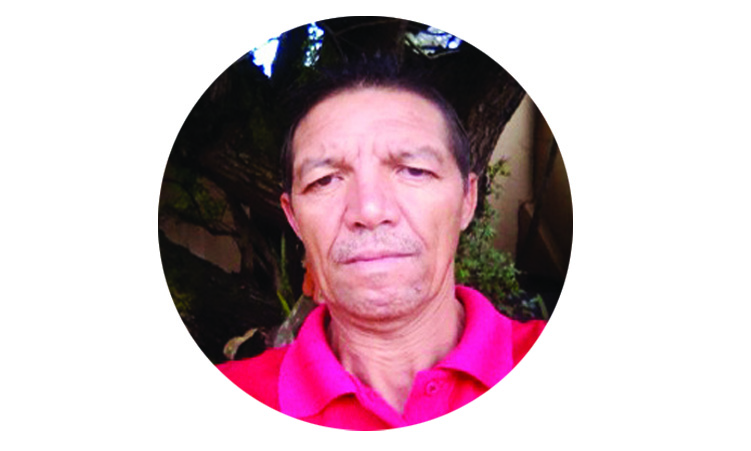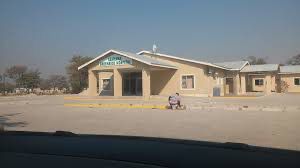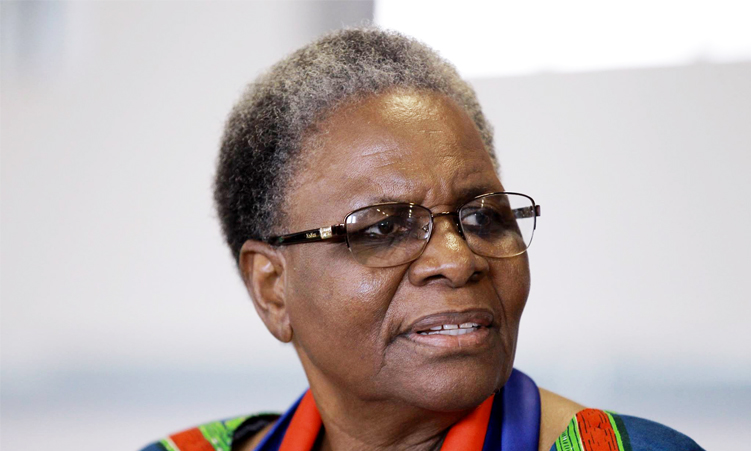The Namibian government’s proposal to extend the port of Luderitz by dismantling Shark Island has sparked considerable controversy.
This island, recognised as a heritage site, is of profound historical significance.
The ancestors of thousands of Namibians were imprisoned and died there when German troops used the island as a concentration camp during the 1904-1908 genocide.
My great-great-grandfather’s grave is among those on Shark Island, making this issue deeply personal.
The potential displacement of these graves not only disrespects our ancestors, but undermines the historical and cultural fabric of our nation.
Shark Island is more than just a piece of land, it is a solemn reminder of the atrocities endured by our ancestors.
The Nama people still consider it consecrated land.
About 3 000 to 4 000 Herero and Nama people are estimated to have been killed there.
To disrupt their final resting place is to disregard the pain and sacrifices integral to our collective memory and national identity.
Respecting our past is essential for building a future that honours and remembers the struggles and contributions of those who came before us.
CRITICAL QUESTIONS
In 2019, the government recognised the historical and cultural significance of Shark Island and declared it a national heritage site.
This marked a step towards acknowledging and preserving our painful yet essential history.
The proposal to use the island for port expansion contradicts this recognition.
What message does it send about the value we place on our heritage and the respect we owe our ancestors?
The proposal includes compensation for the displacement of the graves, but also raises critical questions.
What exactly is the compensation for, and who will benefit?
Financial compensation cannot replace the respect and reverence we owe our ancestors.
Moreover, it is unclear how the compensation will be distributed and whether it will genuinely benefit the descendants of those who died at Shark Island.
The emotional and cultural loss is immeasurable and cannot be mitigated by financial means alone.
We acknowledge the importance of development, particularly in relation to the green hydrogen project, which promises economic growth and modernisation.
The global transition to renewable energy sources is essential, and Namibia’s involvement positions it as a potential leader in sustainable development.
Green hydrogen, produced using renewable energy, is seen as a key component in the global effort to reduce carbon emissions and combat climate change.
Namibia’s favourable conditions for renewable energy production make it an ideal location for such initiatives, offering significant economic opportunities and the potential to create numerous jobs.
ALTERNATIVES
However, development should not come at the expense of our heritage.
There are alternative sites around Lüderitz, such as Agate Beach and the lagoon, which could be used for harbour expansion.
These sites offer the potential for development without the ethical and cultural conflicts associated with disturbing Shark Island.
Successful port expansions at places such as Oranjemund and Walvis Bay demonstrate it is possible to undertake significant development projects without compromising critical heritage sites.
Those projects managed to push back the sea and expand their harbours without disturbing significant historical areas, setting a precedent for how development can coexist with preservation.
Exploring alternative sites would allow the green hydrogen project and port expansion to proceed while preserving Shark Island’s integrity.
Such an approach would not only respect the cultural and emotional significance of the site, but also aligns with sustainable development principles, which advocate the careful consideration of environmental, social and cultural impact.
The government must consider these alternatives and engage in a transparent dialogue with the affected communities.
Such a dialogue should include historians, archaeologists, descendants of those who perished on Shark Island and other relevant parties.
Development and heritage preservation are not mutually exclusive. With careful planning, both objectives can be achieved.
THE WAY FORWARD
We urge the government to halt the port expansion project until a comprehensive assessment and dialogue with those affected can be conducted.
The graves of the Herero and Nama people are sacred. Displacing them cannot be justified by monetary compensation.
We propose exploring alternatives and a commitment to prioritising the preservation of our historical sites.
Only in this way can we ensure that our development is rooted in respect for our past and consideration for future generations.
By safeguarding Shark Island, we will honour not only the memory of those who died there, but also our nation’s commitment to preserving its rich and diverse history.
It is a crucial step towards a future that values and learns from the past while embracing progress and development.
If it is deemed ‘necessary’ to move the graves, this process should involve careful negotiations and respect for the wishes of the descendants and affected communities.
Only through respectful and inclusive approaches can we find a balanced way forward.
- * Basil Fredericks holds a masters degree from the University of Namibia; bazilfreds@yahoo.com
Stay informed with The Namibian – your source for credible journalism. Get in-depth reporting and opinions for
only N$85 a month. Invest in journalism, invest in democracy –
Subscribe Now!






